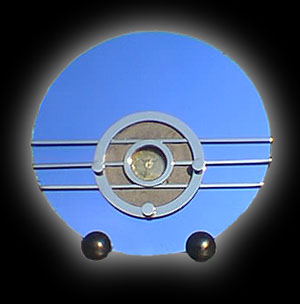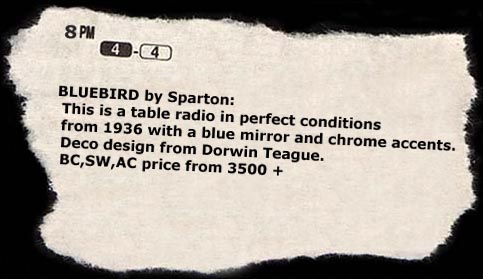


World War II, the shoah and the confrontation of the atomic powers
in the Cold War in the face of these singular events, art and
culture pale into insignificance. A statement that isn't only
applicable to the forties. Design in this decade took up the
theme of pre-war formalism and propagated the ideology of simplicity,
staked its hopes on re-use and the optimism inherent in reconstruction;
it alternated between retrospective and preparation.
Not everywhere did war and destruction influence the designers
work. They often succeeded in ignoring the reality of their society,
under a dictatorship as much as in a democracy. Thus, with his
"Bluebird"; radio of 1936, Walter Dorwin
Teague
carried on Art deco traditions uninterrupted
and in the USSR locomotive builders followed the example set
by Otto Kuhler
and Raymond Loewy's
streamlined American designs.
clear-screen
©96, all rights reserved, no commercial use
© Design Report, Hamburg (Blue C. Verlag GmbH) und Jörg
Stürzebecher, Frankfurt am Main. Vervielfältigung nur
mit ausdrücklicher Genehmigung von Verlag und Autor.
